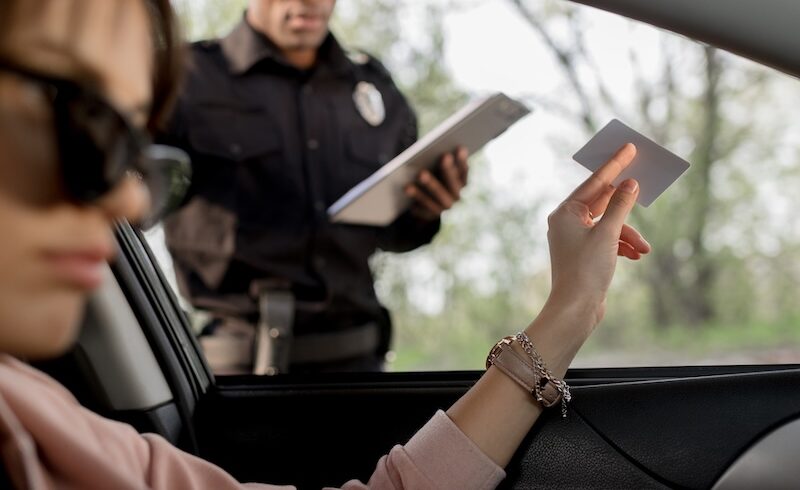
If your Illinois driver’s license has been revoked, not just suspended, you’re likely overwhelmed and asking: “How do I get it back?” Whether your license revocation was due to a DUI, multiple traffic violations, or another serious offense, the process of driver’s license reinstatement in Illinois is detailed — and it requires strategic legal help.
At JMQ Law, our experienced Illinois driver’s license reinstatement attorneys guide clients through every step of this complex journey. Here’s what you need to know to reclaim your driving privileges.
What Does It Mean If My Illinois Driver’s License Is Revoked?
A revoked license in Illinois means your driving privileges have been revoked by the Secretary of State. This is different from a suspension, which is temporary. A revocation is indefinite — you must apply for reinstatement and prove you’re no longer a risk on the road.
Common reasons for revocation include:
- DUI convictions (including repeat offenses)
- Leaving the scene of an accident
- Reckless homicide or serious injury accidents
- Excessive moving violations (especially for commercial drivers)
How to Reinstate a Revoked Driver’s License in Illinois
1. Determine Eligibility
You must complete your revocation period, which varies depending on your offense and driving history. A first-time DUI conviction typically results in a one-year revocation. Repeat offenses or felony DUIs carry longer penalties — sometimes 10 years or longer.
Start by requesting your driving abstract from the Illinois Secretary of State. This document shows your revocation status and eligibility date.
2. Complete a Drug & Alcohol Evaluation
If your license was revoked due to a DUI, you’ll need a Uniform Report Evaluation from a licensed alcohol/drug counselor. Depending on your risk classification, you may need to complete DUI education classes or a treatment program. It’s important to see an attorney before you complete this step.
3. Attend a Secretary of State Hearing
This is a critical step. There are two types:
- Informal Hearing – For first-time offenses and less serious revocations.
- Formal Hearing – Required for multiple DUI revocations or more serious charges.
You must submit a hearing request form and supporting documentation. At the hearing, you’ll need to show proof of rehabilitation, treatment completion, and a low risk of repeat offenses.
An experienced driver’s license reinstatement lawyer can help prepare your case, supporting letters, and ensure you’re ready to answer tough questions.
4. Apply for a Restricted Driving Permit (if needed)
If the Secretary of State finds you’re not ready for full reinstatement, you may be granted a Restricted Driving Permit (RDP) or Probationary Permit (PP) with conditions like driving only for work, school, or medical reasons. Often, this includes installation of a BAIID (Breath Alcohol Ignition Interlock Device).
5. Pay Reinstatement Fees and Provide Proof of Insurance
Once approved, you’ll need to:
- Submit an SR-22 insurance certificate
- Possibly retake driving tests, depending on how long your license has been revoked
Why You Need a Driver’s License Reinstatement Attorney
Secretary of State hearings are legal proceedings — and even small errors can result in delays or denial. At JMQ Law, we prepare our clients thoroughly, helping them:
- Understand evaluation and treatment requirements
- Prepare for difficult questions at hearings
- Gather and organize supporting documentation
- Navigate SR-22 insurance and BAIID rules
Our team has extensive experience handling DUI license reinstatement cases across Illinois, and we know exactly what hearing officers expect.
Ready to Get Back Behind the Wheel? Let JMQ Law Help.
Reinstating a revoked Illinois driver’s license takes time, preparation, and legal insight. Whether it’s your first offense or you’ve been through this before, we’re here to help.
Contact JMQ Law today to schedule a consultation with an experienced license reinstatement lawyer. We’ll review your case and help you move forward — legally and confidently.


